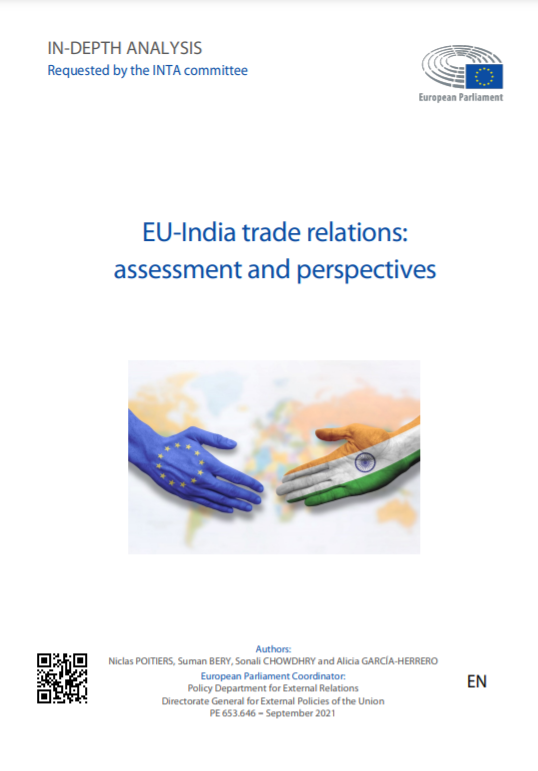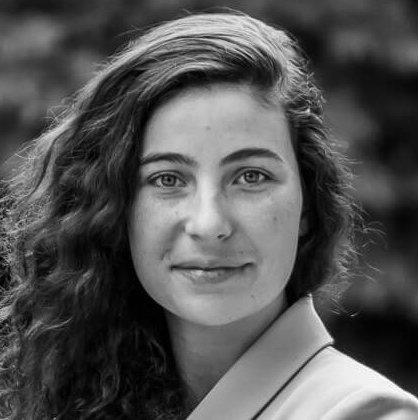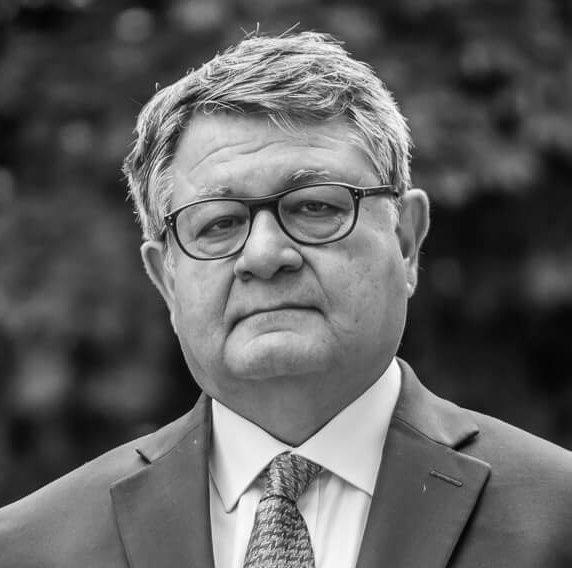Blog Post
Delhi’s children deserve quality education
Money has not held up educational advancement in Delhi or in India more generally. Delhi’s education budget has risen steadily. And the worry is that the increased budget will once again be hijacked by glamorous but wasteful projects, including in higher education.
In the recently announced Delhi government budget, the newly elected Aam Aadmi Party (AAP)—the self-styled representative of the common man—has increased by 50 percent the funds allocated to education, raising the proposed outlay for the coming year to ₹98 billion.
But money has not held up educational advancement either in Delhi or in India more generally. Delhi’s education budget has risen steadily. Indeed, the worry is that the increased budget will once again be hijacked by glamorous but wasteful projects, including in higher education. Successive national and state governments have been seduced by higher education—and while some achievements have been valuable—the nation’s educational foundation has remained shaky.
Primary education is the foundation of a country’s progress. The East Asian growth miracles ensured education for all from the very start, which was central to their phenomenal economic development. Today, China boasts of some of the best schools in the world. But nearly 70 years after independence, high quality primary education is out of reach for a vast majority of India’s population. Today, over 40% of Indian children drop out before finishing primary school.
Delhi’s Shame
In spite of advantages as the nation’s capital and its elite colleges, Delhi’s schools lag even the generally dismal quality of India’s primary and secondary education. In 2013, Delhi’s Class III students were significantly below the national average in language achievement and in mathematics according to the National Achievement Survey conducted by National Council of Educational Research and Training (see accompanying chart). For Class VIII students, the performance of Delhi students was well below the national average in Mathematics, Science and Social Science. Delhi is lag relative to Kerala is stark. These differences almost entirely reflect the quality of education in government-run schools.
National Achievement Survey Class III (2014)
National Achievement Survey Class VIII (2012)

Economists Lant Pritchett and Rinku Murgai propose a “career ladder” so that teachers—appropriately screened at entry—compete for the better paid permanent posts. Appraisal and rewards based on 360 degree feedback from students, parents, supervisors, and peers would help keep teachers focused on performance. A School Management Committee or another independent body could carry out random checks to increase accountability. An online database of teachers, where they can be rated anonymously, could create necessary social pressure.In the Ministry of Human Resource Development’s Educational Development index, Delhi was ranked 31st on outcomes at the primary school level. In fact, central Delhi was included in the list of 419 special focus districts (SFDs) characterized by educational backwardness for 2012-13 under the National Sarva Shiksha Abhiyan. Other surveys corroborate Delhi’s poor standing. A 2014 survey by the Annual Status of Education Report (ASER) found that only 55% of Delhi’s government school children in Classes III-V could read at least a Standard I level text. Only 24% of children in Classes III-V could subtract. Even in Patna, the capital of a state often considered the symbol of stunted development, not only government but even private school children performed substantially better than in the national capital.
The AAP Challenge
Teachers’ incentives are crucial. Teachers do not show up—and they serve as role models for students. When they do show up, they do not teach. And, if they do teach, are they good teachers? The AAP initiative of installing CCTV cameras in schools will bring teachers to class, but who is going to monitor the CCTV cameras?The AAP government plans to appoint 20,000 new teachers, install CCTV cameras in all classrooms, build 236 new schools and improve education quality by focusing on teacher training and developing replicable “model schools.” If this is to be more than words, here are some guideposts.
At the same time, giving teachers time and targeted training for professional development, and keeping teacher morale high by acknowledging good performance, both in monetary and non-monetary terms, will help. A mindset change in how teachers in India are perceived and how they perceive themselves is essential.
Similarly, students require incentives to study. Mid-day meals, better infrastructure and motivated teachers can get students to the classroom, and, to some extent, create incentives to learn. But more ambitious effort is needed. A UNESCO 2014 study finds that India has one of the lowest frequencies of curriculum reform—having updated its curriculum only 3 times since 1950 as compared to 8 times in South Korea. An updated curriculum with a more practical and learning-by-doing orientation can help make school fun. Contract teachers can be hired for remedial after school teaching to underprivileged children, with (performance based) opportunity to progress to a permanent job.
Finally, AAP’s lemming-like pursuit of higher education initiatives is a mistake. In 2010, Delhi’s colleges and universities awarded 17% of all Ph.Ds across India. Yet, the focus on higher education—in Delhi and in India—seems to have run into low and diminishing returns. The amount of original research being carried out in Indian academic institutions is abysmally low.
The Stakes are High
AAP represents the yearning of Delhi’s citizens for relief from the daily indignities of life. But its leader, Arvind Kerjiwal has acted repeatedly to dash those hopes. After AAP was first elected to power on a wave of popular protest in December 2013, the new government made irresponsible populist promises that would have hurt rather than helped Delhi. The government then resigned, 49 days after being in office, when its anti-corruption bill was blocked by the opposition in state assembly. At that point, instead of regrouping, Kerjriwal chose to contest a national election, in which his party was rightly obliterated.
But such is the revulsion against the traditional parties that AAP was voted back into power in Delhi in February 2015 with the kind of majority that only dictators in rigged elections can aspire to. But once again Kerjriwal and the AAP leaders are intent on throwing away the opportunity with self-indulgent infighting.
AAP’s emergence comes at a critical juncture, and history is trying to convey an urgent message. Delhi has the opportunity to plant a seed that could flower across the country.
After decades of neglect, a stronger primary education system will lead to superior student achievement, the ability to pursue higher education, and quality domestic research and entrepreneurship. “Make in India” will become more than a slogan. More widespread opportunity for primary education will create a playing field for competitive medical, engineering, and other entrance tests, which—for better or for worse—are life altering opportunities for Indian students. Economically disadvantaged children will finally have real reason to believe in a better future.
Primary education may be the single policy initiative that can do as much for growth as it does for equity. Education is also the only real antidote to the corrosive daily humiliation of corruption and the despicable sense of civic responsibility.
If AAP’s only achievement with its stunning mandate is to promise a serious start in life to every child in Delhi, it would have honored the aspirations that brought it to power. The winners will be not just the children of Delhi, but millions of children throughout the country as the governments of other states are compelled to follow. Does Mr. Kerjiwal understand why the stakes are so high?
Republishing and referencing
Bruegel considers itself a public good and takes no institutional standpoint. Anyone is free to republish and/or quote this post without prior consent. Please provide a full reference, clearly stating Bruegel and the relevant author as the source, and include a prominent hyperlink to the original post.












